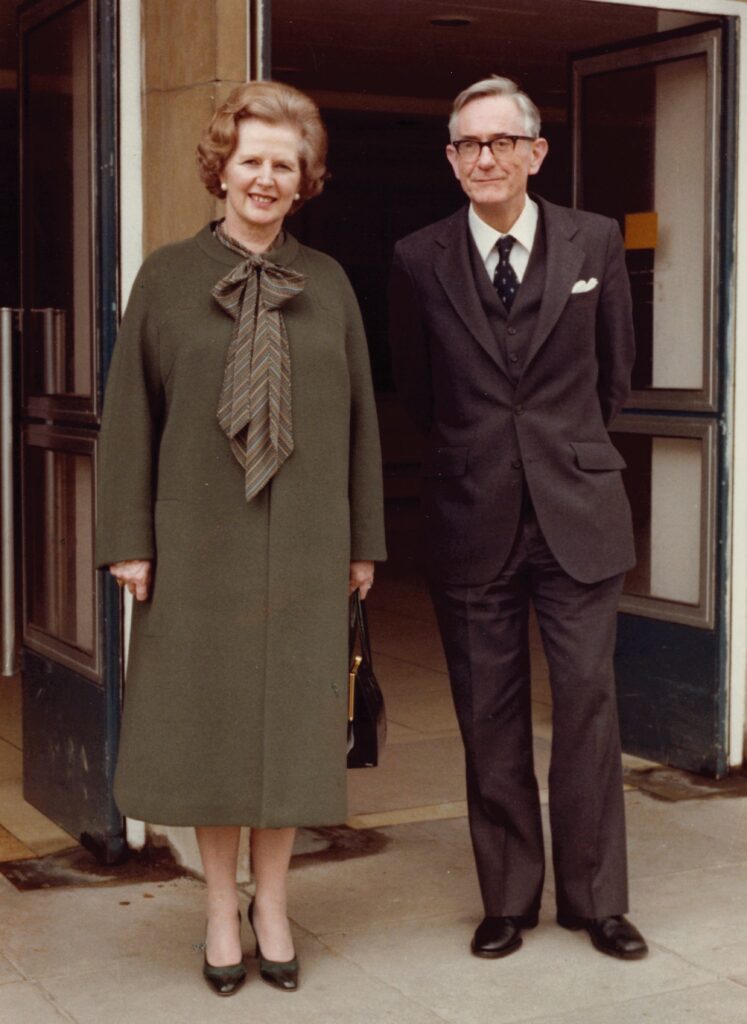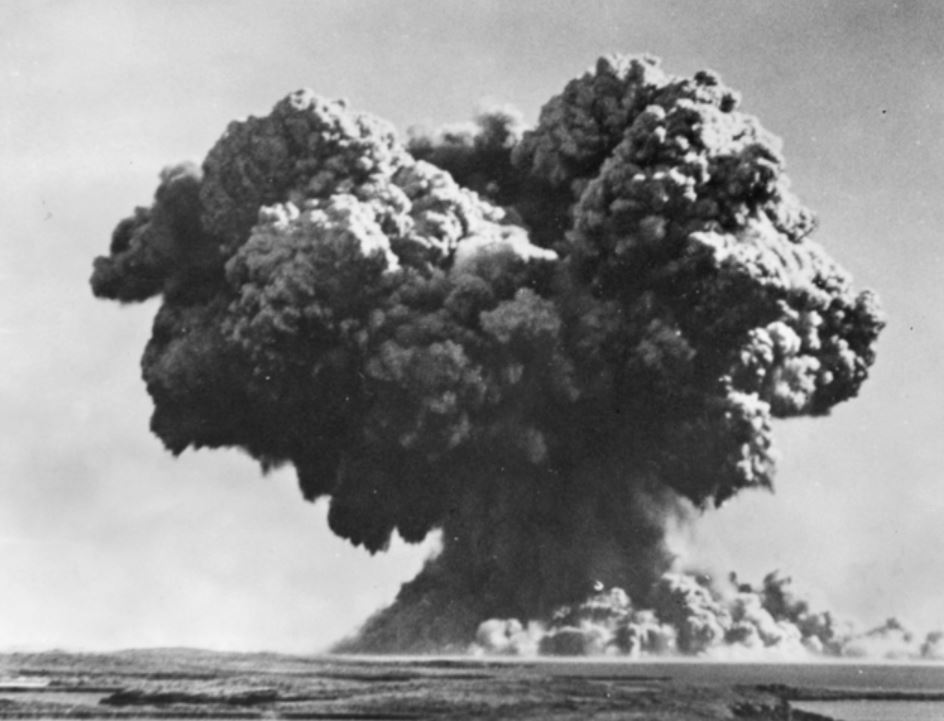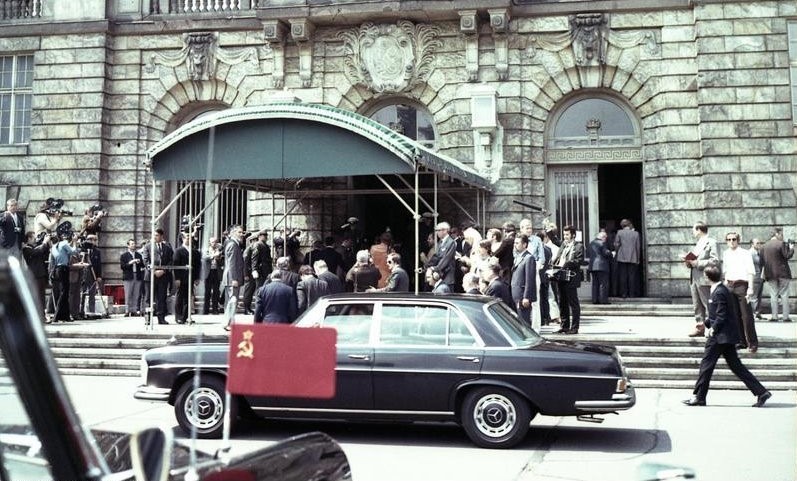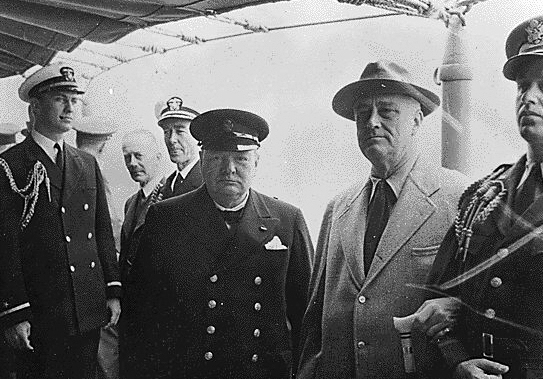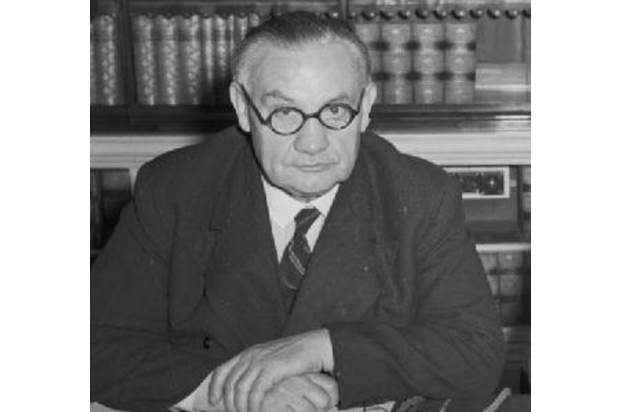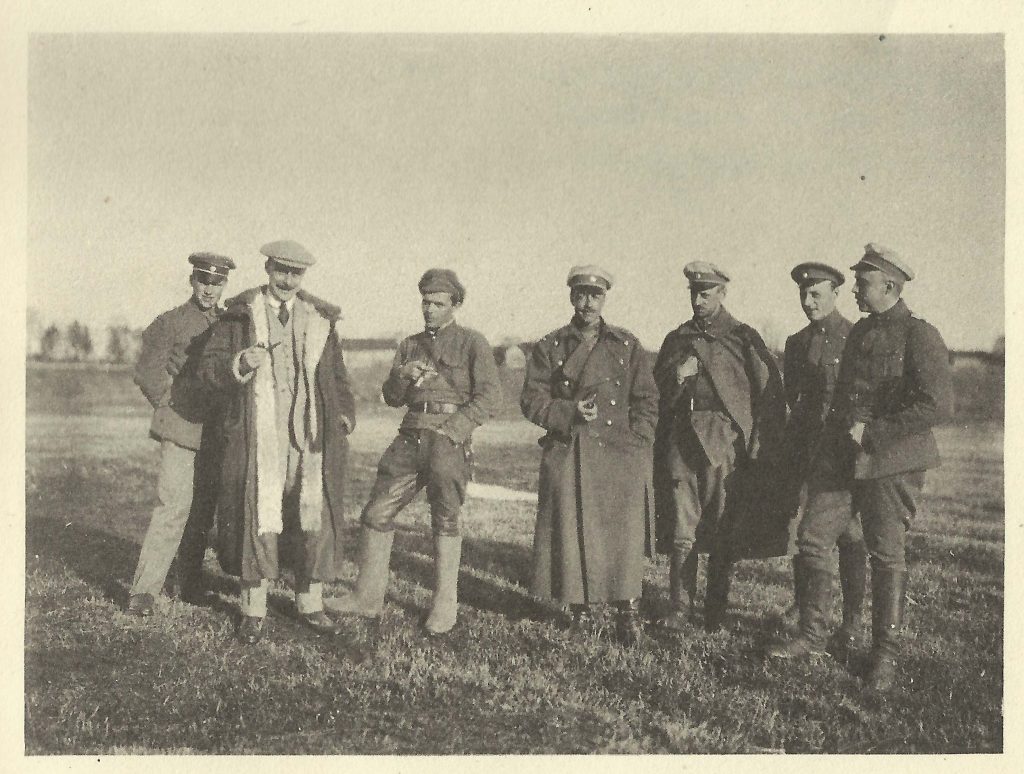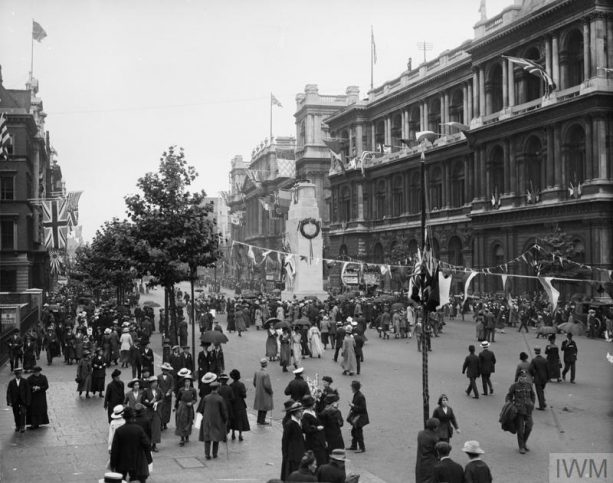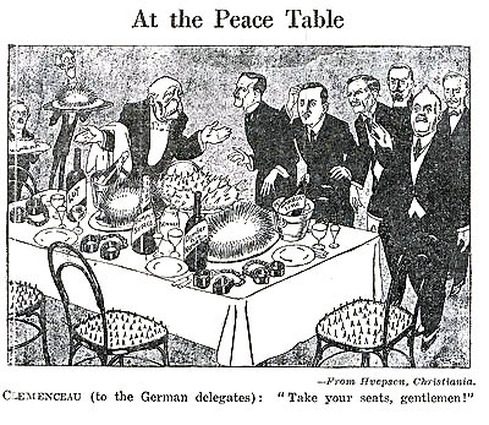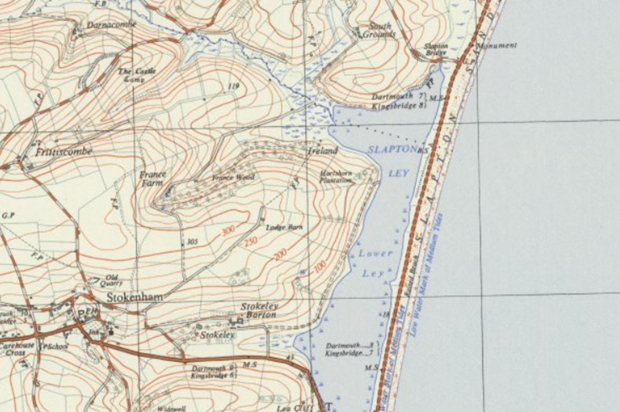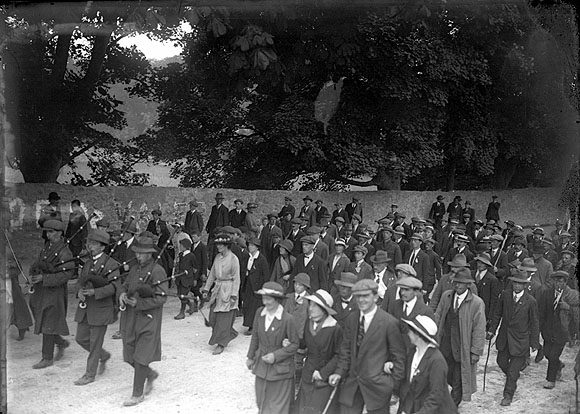Defence and conflict
An early task of any new Prime Minister is to familiarise themselves with the UK's intelligence agencies – the Secret Intelligence Service (SIS/MI6), Government Communications Headquarters (GCHQ) and the Security Service (MI5). Yet, for all the interest they may have …
We’ve got to have this thing over here, whatever it costs. We’ve got to have the bloody Union Jack on top of it. “This thing” as British Foreign Secretary Ernest Bevin put it, was the Atomic Bomb. Bevin was quoted …
The most that we can say is that we have made the best of a bad bargain, not that we have got a fair deal (Prime Minister Edward Heath, 1 September 1971) Fifty years ago, Ambassadors representing the 4 Occupying …
The principles set out in the Atlantic Charter eighty years ago remain key to the global vision shared by the UK and US. But its terms also contained the roots of international tensions that persist today: for example in relation …
The outbreak of the Korean War on 25 June 1950 caught Western governments by surprise, despite warning signs. Western strategists had assumed that North Korea was a Soviet puppet, and that no one wanted a war.
Harold Alexander may be associated with Italy in the Second World War, but his actions in Latvia in 1919 potentially prevented a civil war.
Whilst Victory day 1919 was planned as a celebration, the emotions evoked were more diverse and complex.
German anger at the Treaty of Versailles between the wars is well known. Hitler, in his rise to power, exploited this deep resentment. So how did such a contentious document come into existence and why was it signed?
Once the Allies decided to land in Normandy, they identified the need to practice.
In what has been termed the khaki election (1918), the first election in which (some) women could vote, a woman in green was elected to be the first woman member of parliament.
